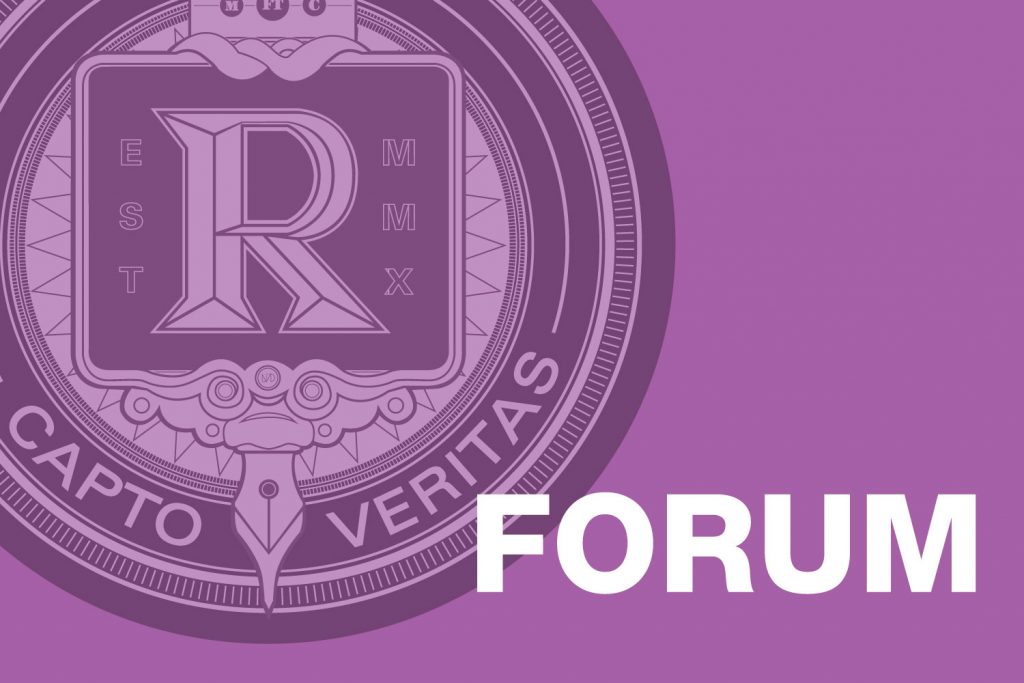The Power Of Philosophy
The process of thinking has become a tedious endeavor nowadays and, unfortunately, the power of thinking is rarely debated. People tend to believe that those who engage in meaningful thoughts are “intellectuals” who eat books for breakfast and lecture you in your sleep. Worse than that is the belief that some people do not realize that thinking is nonexclusive; they fail to recognize that everyone can do it.
To me, philosophy is the love of wisdom. After all, our desire to prosper comes from a desire to keep learning. We learn as we live and think. However, thinking becomes shallow if we do not engage in transcendental thinking.
Although philosophical matters are a mystery and there are no definite answers per se (which makes it even more interesting), the mere act of questioning, for example, the meaning of life, the existence of God or even the principles of good and evil, creates a way for us to explore the depth of our intellect and imagination.
To philosophize is to wonder, which urges man to be in search of knowledge. Even when doubt and awareness arises because our perceptions of the world tend to be deceptive and our perceptions of the universe is full of hopeless contradictions.
As individuals, we feel the need to believe in something and to understand everything, or else we adopt a cynical attitude and say that the search is pointless. The aim of philosophy should be to achieve genuine communication between individuals to create unity and peace (although it may not be easy for a curious mind).
Philosophy can also help us change our lives. More than a search for knowledge, it is a way of life. It provides us the tools to be reasonable, to explore our intellectual virtues, to form authentic beliefs and thus engage in a better behavior within our community: family, friends, school, work and acquaintances.
It’s a responsible behavior toward our decisions and actions, which can dictate our outcome in the future.
This is why philosophy still matters so let’s explore the transcendence of our minds. The question lies on how much wisdom we want to attain, but most importantly, how willing are we to become knowledgeable throughout time.

